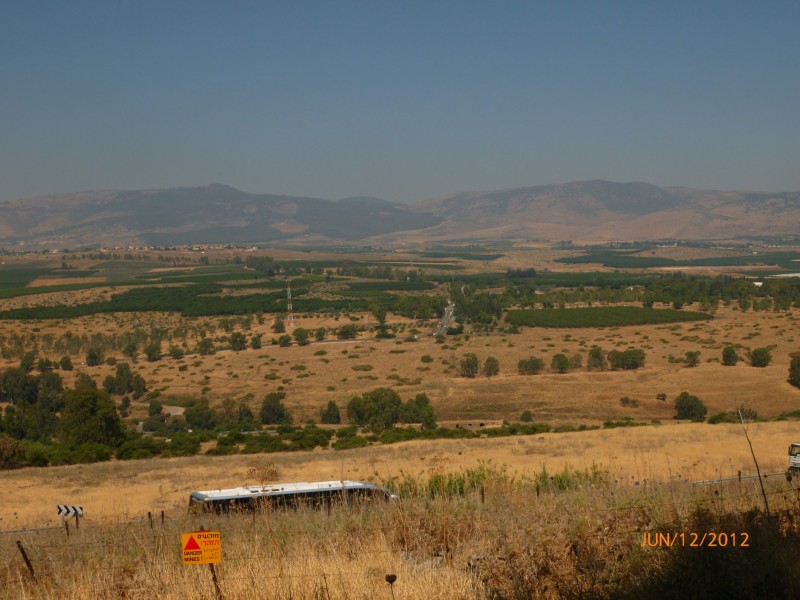
As the death toll continues to climb in Syria’s bloody, two-year-old civil war, concerns over Israel’s security mount as well, over the various embargoes against supplying arms to the rebel forces. As the European Union and other countries are considering lifting their embargoes, their lessening or lifting may have serious consequences for a country that, on the surface, seems to have little relation to the civil war in Syria, aside from geographical location: Israel.
The E.U. currently has an embargo restricting arms sales to the rebel forces in Syria, which is set to expire on June 1, after being extended from the end of May. France and Britain pushed for it to be lifted, saying in April that they do not want the embargo renewed, and that if it is, they may resort to employing veto power to shoot it down or simply ignore it and ship arms to the insurgents’ Syrian National Coalition regardless.
The E.U. subsequently rejected the proposal to lift the ban, citing security concerns that Russia and Iran might be prompted to increase their arms shipping to the Assad government in response. France’s President Hollande explained that since it would be difficult to ensure that weapons remain in the insurgents’ hands only and do not come into the possession of terrorist groups, France would continue to abide by the embargo. However, British and French officials explained that they would continue to use the possibility of arming the rebel forces as threat or “bargaining chip” to pressure Syrian President Assad into international cooperation.
In late April, the E.U. eased the ban on buying crude oil from Syria, “so as to help the civilian population,” since Syria’s oil industry has been badly crippled by the civil war. Most of the oil fields are now controlled by rebel groups, although the large al-Omer oilfield and some wells are still controlled by the government. Buying oil from Syria enables the E.U. to support both the Assad government and the insurgent forces — but since the insurgents control most of the crude oil fields, the change in policy provides them with the opportunity to gain revenue and aid.

The U.S. also has an embargo in place that prohibits the shipment of weapons to the insurgents, but it has recently begun to reconfigure its position on the rebels, shifting from its original total ban to considering the prospect of supplying the forces with non-lethal military equipment and possibly even arms. This, in addition to the E.U. ban, is connected to reports of the Assad government’s deploying nerve agents against the rebel forces, despite President Obama’s “red line” against Syria (“Nerve agents,” or organophosphate toxic compounds, cause reactions such as excess respiratory and oral secretions, altered mental status, and/or paralysis and inability to breathe). If the government is deploying chemical weapons against the opposition (although the rebel forces may be doing so as well), the U.S. and other nations will feel pressured to come to the aid of the Syrian people, which they have thus far avoided doing.
With the E.U. and the U.S. reconsidering their stances on embargoing the rebel forces, Israel must consider its own position as Syria’s neighbor. Because its Golan Heights border with Syria is patrolled by U.N. peacekeepers, any action taken by U.N. members against President Assad may lead to an attack (or the sanctioning of an attack) by Assad against the U.N. forces. Countries such as Austria, Germany and Sweden, which provide most of the soldiers to the Golan Heights, are especially concerned about the embargo’s expiration, and Austria’s foreign minister warned that Austria would withdraw its troops in such a situation. Without soldiers to patrol the border, Israel will be especially vulnerable, as it could face hostility for moving its own troops in as replacements.
The embargoes are still in place, but with their futures in flux and with the June 1 expiration date of the E.U. embargo, the E.U. and U.S. will have to assess their plans regarding Syrian involvement. What with keeping an eye on the use of chemical weapons and attention toward Israel’s situation, they have much to contemplate, and Israel has some strategic military movement to consider.

